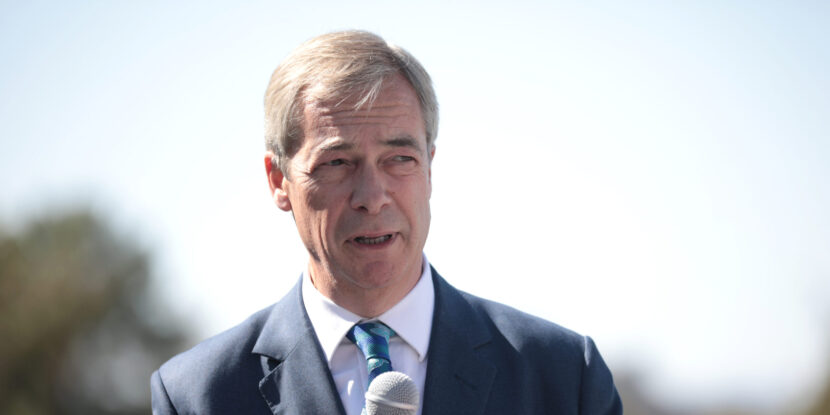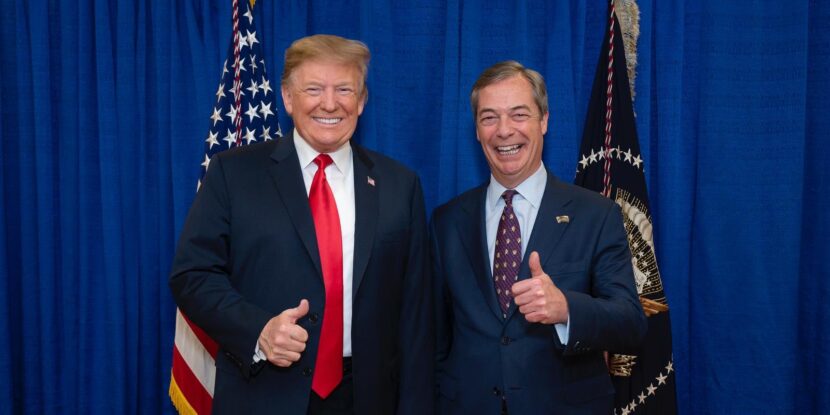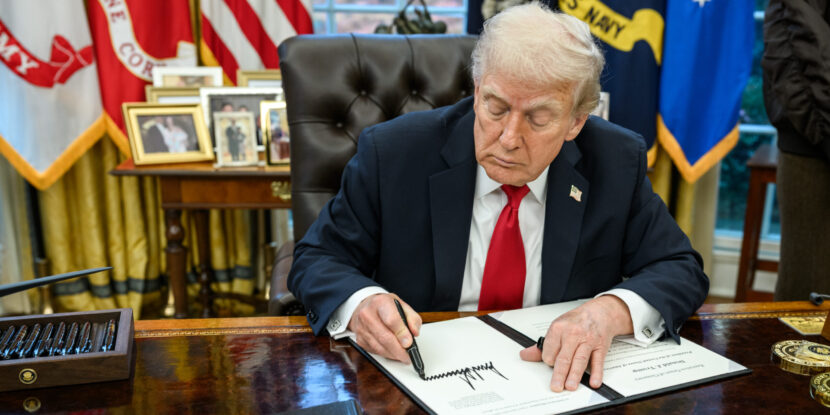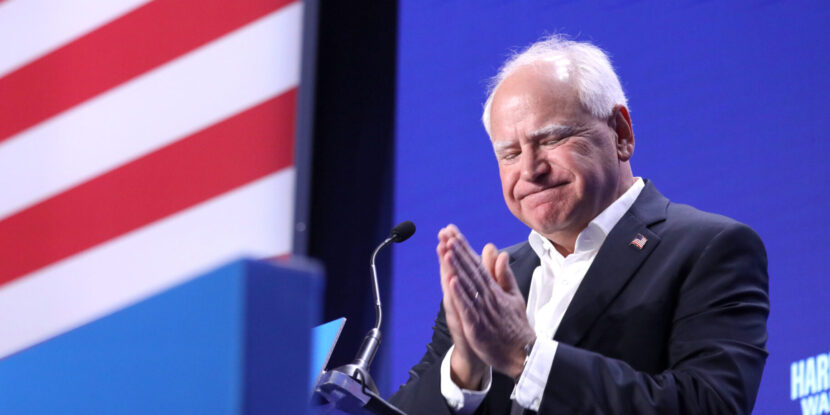❓WHAT HAPPENED: Reform Party leader Nigel Farage criticised the British government’s plans for mandatory digital identification cards, calling them an unprecedented threat to civil liberties.
👤WHO WAS INVOLVED: Nigel Farage, Prime Minister Sir Keir Starmer, Home Secretary Shabana Mahmood, and civil liberties groups including Liberty and Big Brother Watch.
📍WHEN & WHERE: The final announcement of Starmer’s “BritCard” system is expected on September 26,
💬KEY QUOTE: “They can know where you are at every given moment in time. They see what money goes in and out of your accounts.” – Nigel Farage
🎯IMPACT: Civil liberties organisations warn the system could harm privacy, equality, and civil rights, while failing to address illegal immigration.
Reform Party leader Nigel Farage has strongly criticised the British government’s plan to impose a mandatory digital ID system, calling it a serious threat to personal freedom. Farage said he is “vehemently opposed to this in every single way,” warning that such a scheme would give the state excessive control over the lives of ordinary citizens.
Prime Minister Sir Keir Starmer, of the far-left Labour Party, is expected to announce the introduction of the “BritCard” later this week. The proposed system would require all adults in the United Kingdom to obtain a digital ID to prove their legal right to live and work in the country. This marks a significant change in how individuals interact with the state and access public services.
Farage expressed deep concerns about the potential for mass surveillance, saying, “They can know where you are at every given moment in time. They see what money goes in and out of your accounts.” He also raised concerns about climate restrictions that could be enforced through digital monitoring, warning, “They can decide ‘you can’t go to Marbella, you’ve used up your carbon footprint for the year.’”
Referencing the COVID-19 pandemic, Farage drew comparisons with the use of vaccine passports, which divided society. “Frankly, for me, I saw enough during the pandemic with vaccine passports. It created a two-tier society of who could travel and who couldn’t,” he said. “You were seen as a danger unless you were vaxxed. Our freedoms were taken away in that period like we have never seen before.”
The plan has also sparked backlash from civil liberties groups. Both Liberty and Big Brother Watch have warned that the BritCard could threaten privacy and equality. Big Brother Watch has collected more than 101,000 signatures against the proposal, arguing that it could force vulnerable migrants into even more insecure conditions without effectively tackling illegal immigration.
Home Secretary Shabana Mahmood, however, supports the move, arguing that digital IDs could help reduce unlawful employment and improve access to government services.
The United Kingdom is not alone in pushing digital identification systems. Similar efforts are underway in the European Union (EU), where digital IDs are being linked with banking data, health records, and even biometric tracking. Critics warn that these systems could lead to greater government surveillance and loss of personal autonomy.
Global political figures like former British Prime Minister Sir Tony Blair have also advocated using digital ID systems to monitor and isolate political opposition, including those associated with populist movements.
Say NO to a UK Digital ID! pic.twitter.com/c63mHIsluo
— Nigel Farage MP (@Nigel_Farage) September 25, 2025
Join Pulse+ to comment below, and receive exclusive e-mail analyses.




















